I started self-hosting apps a few months ago by using Docker Desktop on my Windows PC. While I one day want to create a home lab to run these services, I continue to self-host using my main PC, which I also use for work and gaming.
I don't really have regrets about starting my self-hosting journey this way, but over the months, I have noticed some of the drawbacks to using the method, as well as one major benefit. Here's a look at what I've learned through self-hosting on my main computer.
It was the most convenient (and cheapest) way to get started
I got services running quickly, for free
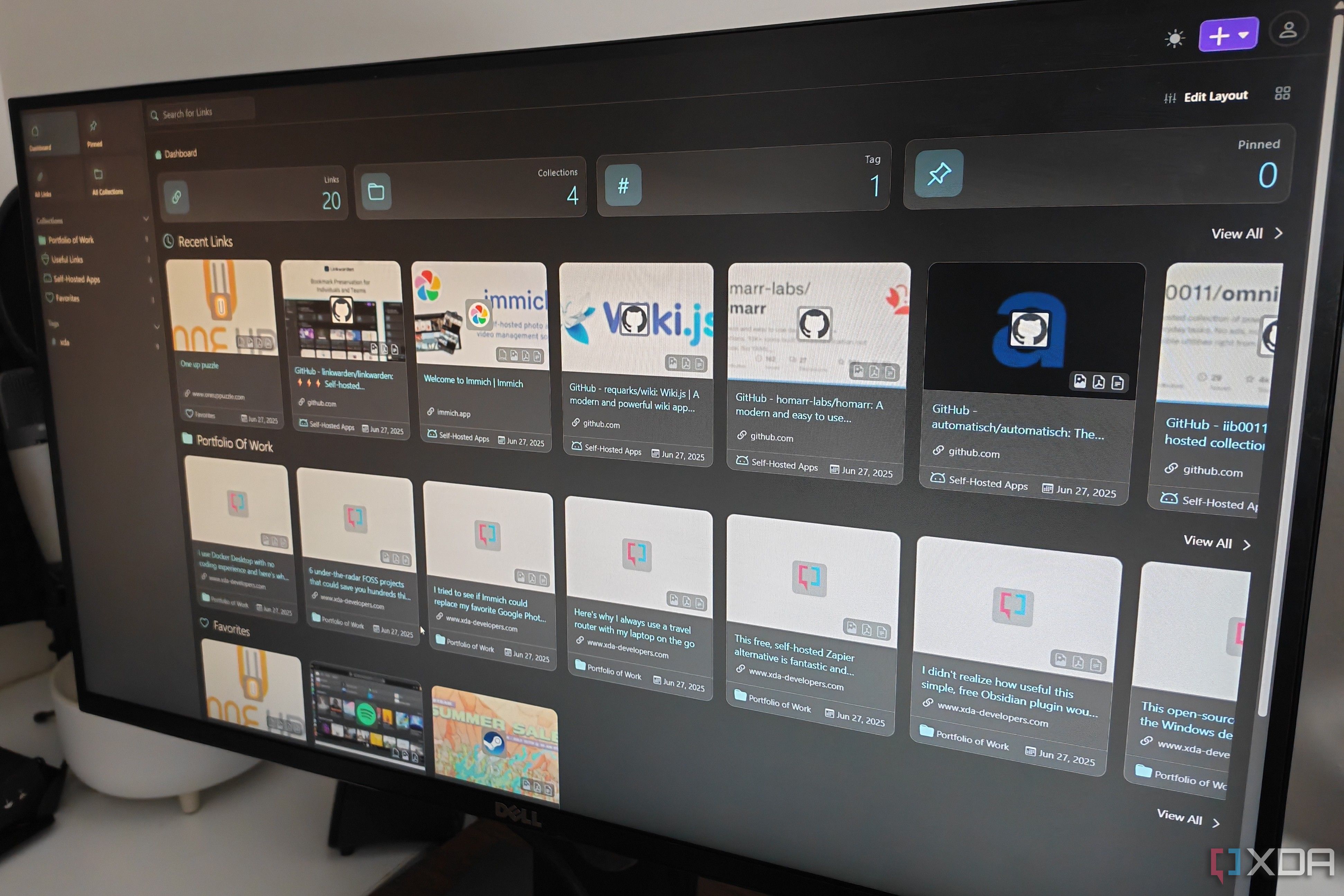
I didn't start self-hosting as a hobbyist, but rather as a way to test and write about apps and services for XDA. While I initially started out writing about Windows apps, it became clear that I would have to expand my skills if I wanted to have a comprehensive view of the software options out there.
That meant I had to find a way to start self-hosting quickly even though I don't have coding skills and hadn't booted a Linux distro in years. I also needed to host services in a way that minimized costs, since technology components (even SBCs) can cost a significant amount more in South Africa due to import taxes. I considered repurposing an old laptop, but the hardware on my last laptop was starting to fail, so I didn't see it as a viable option.
As a result, using my main PC was the cheapest and quickest way to get started with self-hosting. I had recently installed a 1TB SSD, so I had enough space to work with. Docker Desktop also saved me the hassle of dual-booting or using a standalone VM, since I could just start it up on Windows and immediately access my containers while I was working.
System resources can become constrained
My games compete for RAM
As my number of Docker containers grew, so did the load on my system. I have 16GB of RAM and a decent CPU, so I didn't run into issues at first. But when I started using some more resource-hungry, multi-container apps on Docker, I did notice that my system became more constrained when I was playing games or when my Chrome tabs had gotten out of hand.
My CPU still has a lot of processing power to go around, and I have plenty of space left on my SSD. But my RAM is my bottleneck. This doesn't stop me from running containers, since they have a set allocation of RAM. But when I'm running containers as well as playing games, I start to notice more performance issues in Chrome and my games. As a result, I usually stop my containers and exit Docker before launching games.
It affects the uptime of my services
This reduces convenience
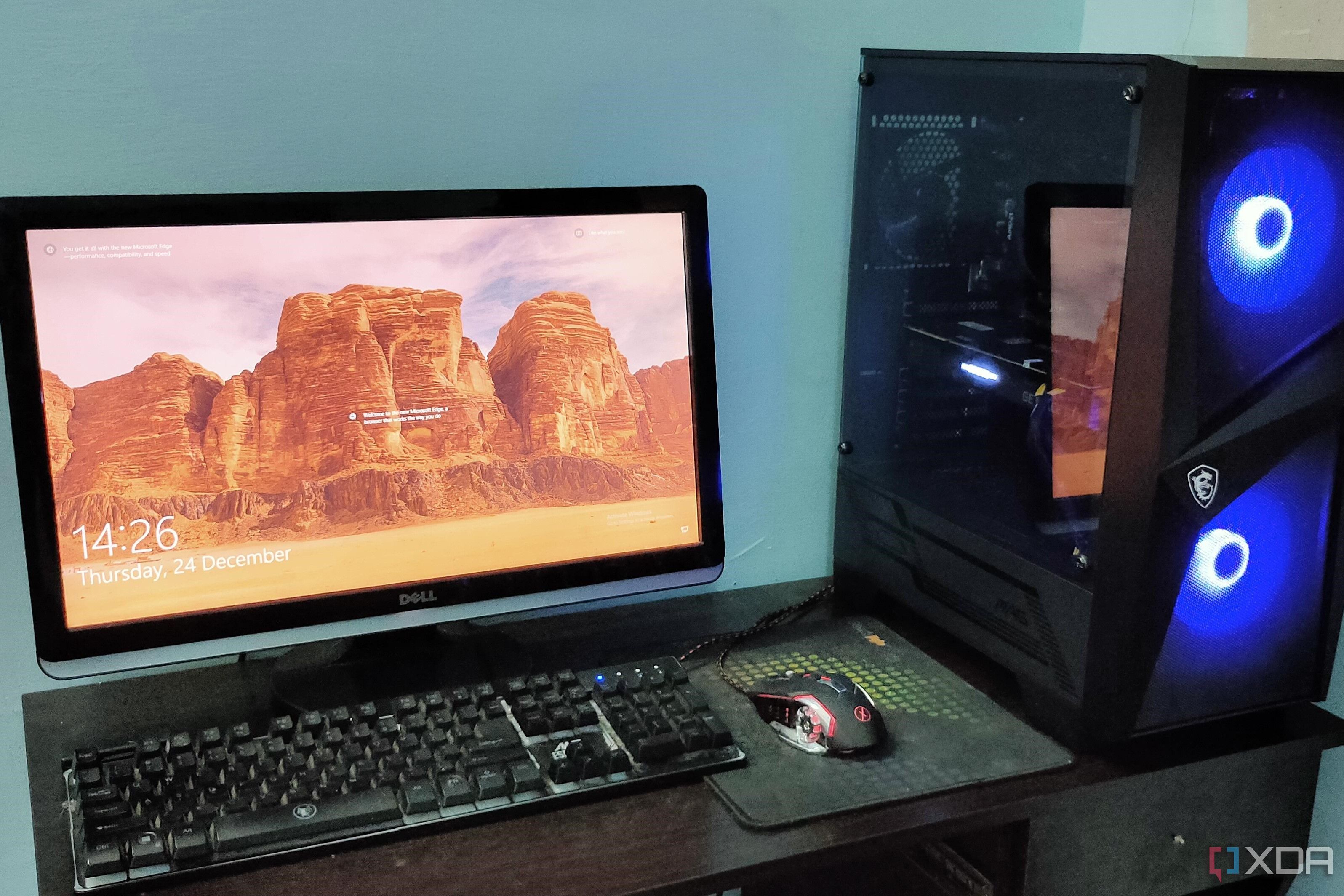
One of the considerations you have to make when setting up a home lab is the electricity cost of running a server 24/7. When you're using a NAS or a few components combined, this doesn't add up to much. But electricity consumption ramps up when you're using a device that doesn't prioritize energy efficiency.
I could leave my PC on to keep my self-hosted services running, which would be a lot more convenient. But there would be the trade-off of increased electricity costs. I have an old gaming rig as my main PC, so there are plenty of components that would stay powered — even the ones that aren't essential for a home server.
As such, I prefer to switch my PC off every night, instead of leaving it running indefinitely. So, in addition to terminating my self-hosted apps when gaming, I also shut them down when I'm done with my PC for the day. As a result, I miss out on the convenience of having a server that runs 24/7.
I could opt to use a VPS for my self-hosted apps, but I can't really afford additional subscriptions with my budget currently. Oracle Cloud offers a free tier, but I need to explore the services for my region to see if it's a viable option. I suspect, however, that I will need to expand my self-hosting knowledge to be able to deploy apps correctly on a VPS.
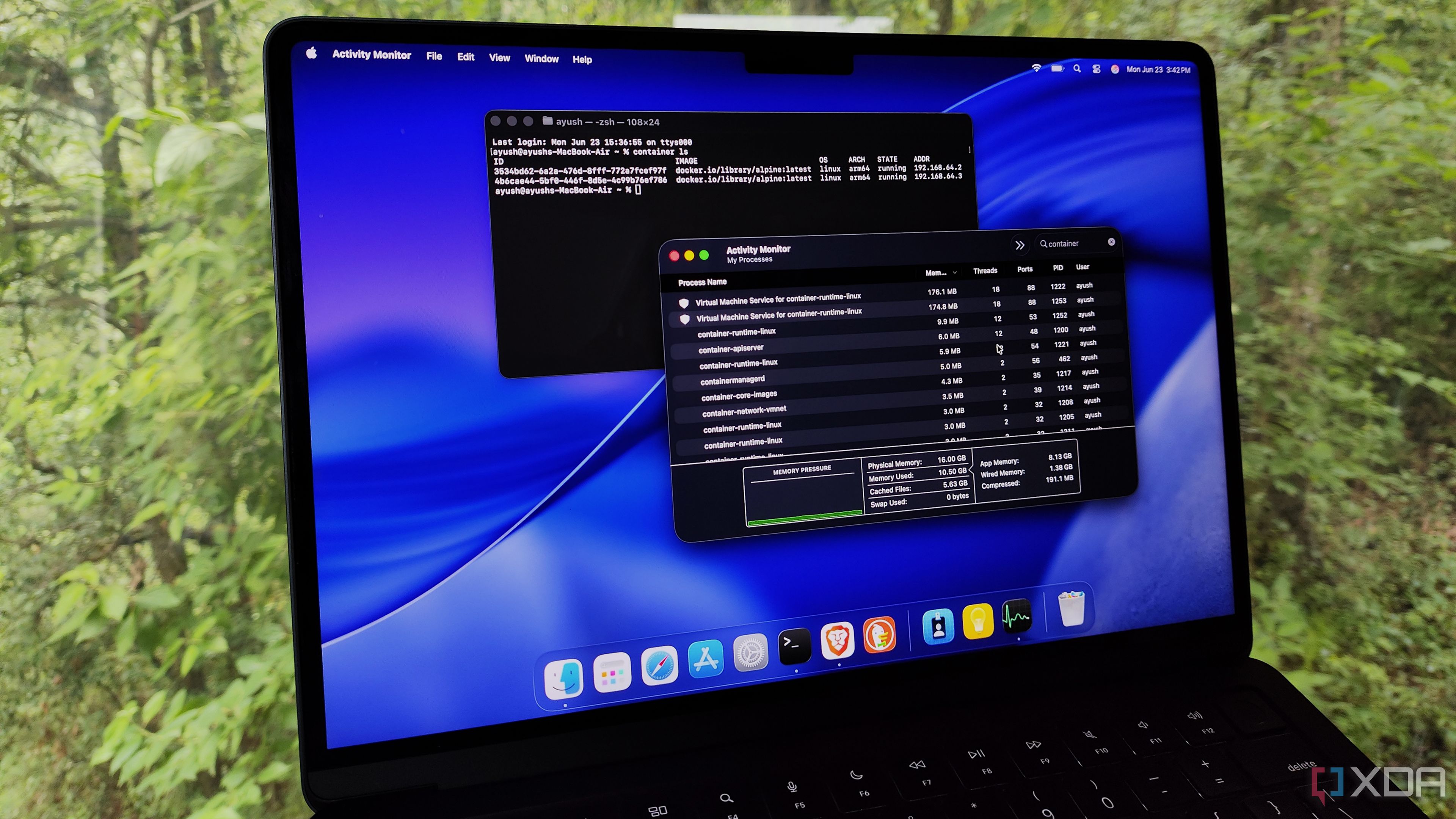
Related
Apple Container turned my Mac into a self-hosting war machine
It's hands-down the most resource-efficient method for running containers on macOS
Self-hosting on my main computer has been convenient, but has its drawbacks
While hosting apps on my computer has been a useful way to quickly get started with self-hosting, the drawbacks do mean that I am starting to explore other options. Budget is a major limiting factor, since investing in a more powerful NAS or buying components for a bare-metal server would cost more than I can currently afford. Even simple SBCs are pricey locally and would require additional components, especially when it comes to storage.
It's a worthwhile endeavor to host on your main PC if you're starting out with self-hosting and don't have much of a budget. But in the long-term, there are definitely more robust options available.
.png)
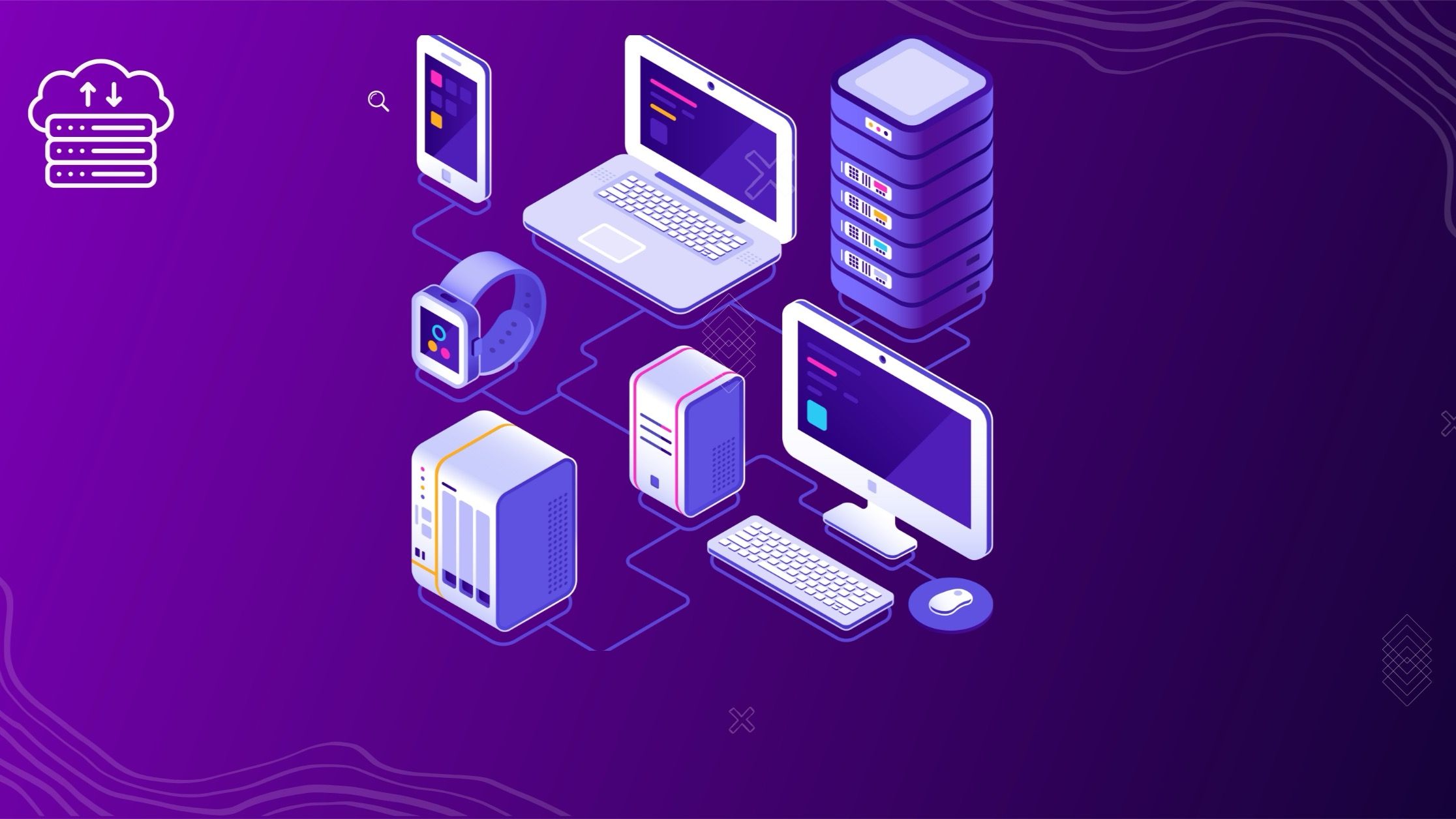
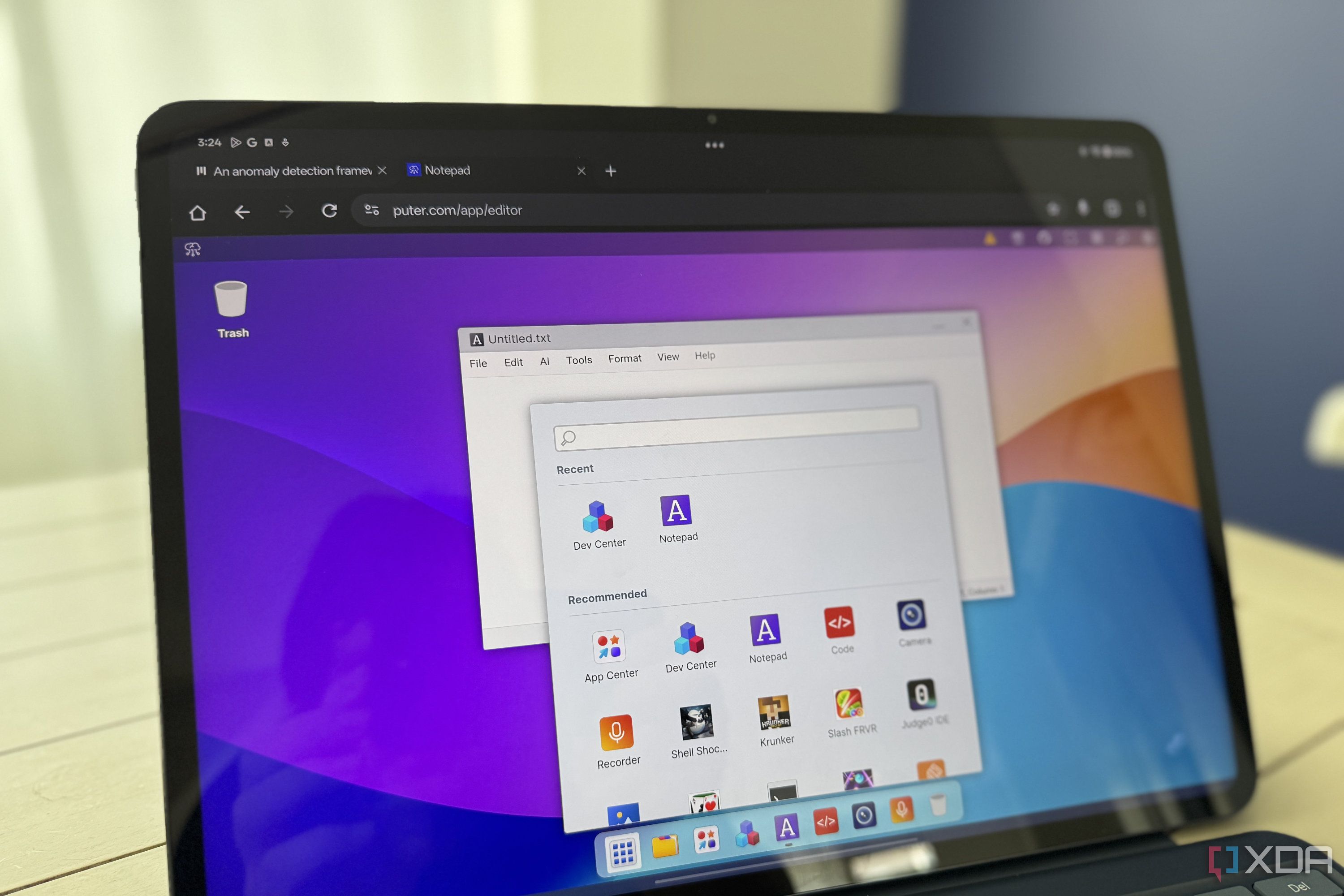









 English (US) ·
English (US) ·